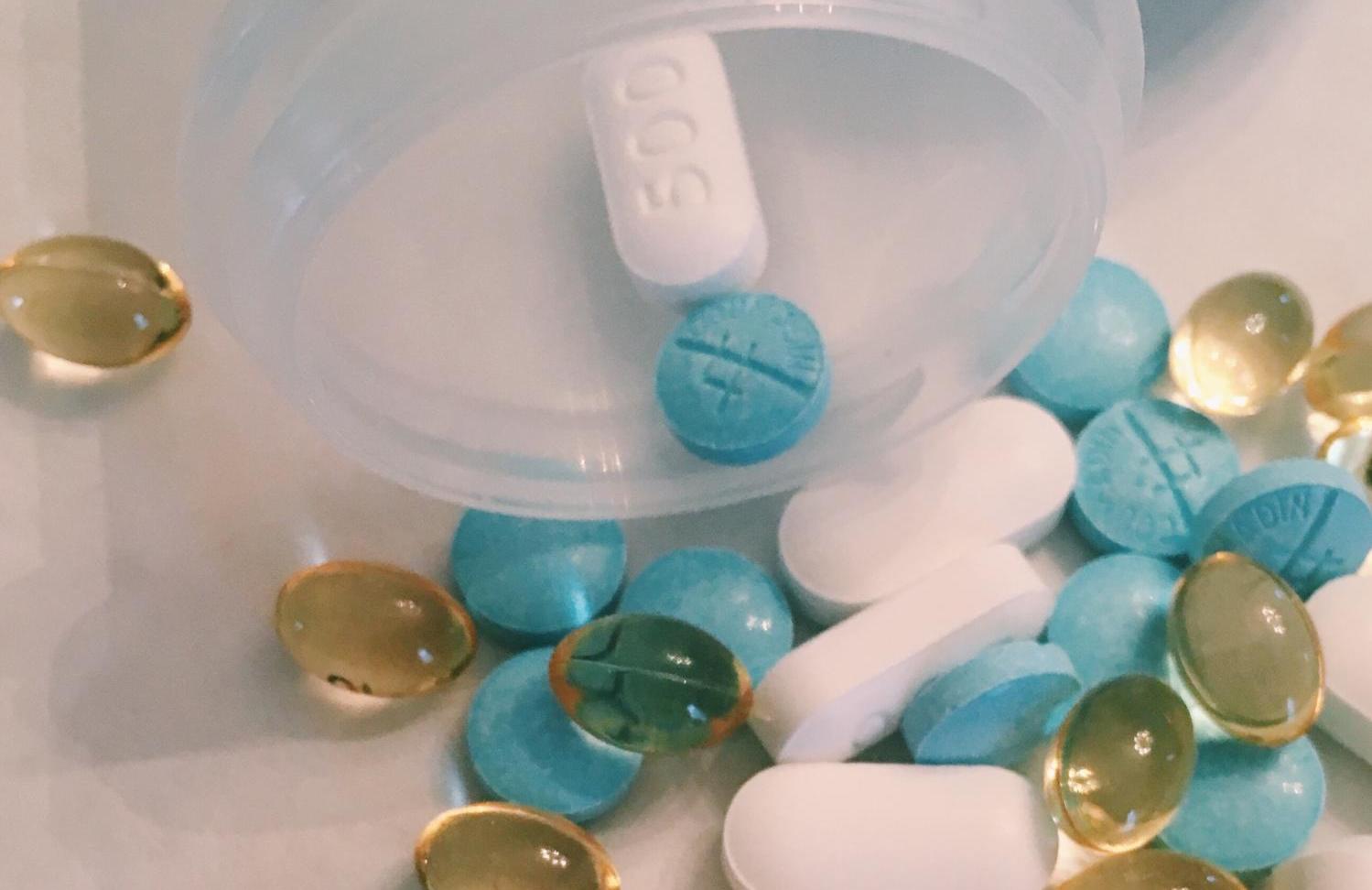Self-care products
Self-care products are products that are freely available at pharmacies, such as self-care medicines, self-care medical devices and food supplements. Patients can use them upon their own initiative, to preserve their health. Their ‘good use’ substantially reduces the social costs of being ill.
Today’s patients & self-care
In the healthcare system of the last century, patients underwent treatment schedules that were drawn up by their doctors and were implemented by their pharmacist. Any input of patients was often as good as non-existent. This has completely changed in recent decades; patients are increasingly taking the lead in the management of their health. It is in this context that there is more and more room for self-care products. And it appears that this will only increase in future.
Source: Consumer Health Products Canada
Medaxes sees the use of self-care products not as an end in itself, but as part of a much broader process aimed at patients’ own management of their health. To start with, modern patients are well-informed patients, who acquire knowledge and insights, and based on this, are able to track their own health and to recognise potential symptoms of diseases. Modern citizens also ensure that they exercise sufficiently, watch what they eat, apply the necessary hygiene and consciously avoid unhealthy habits, such as smoking. If the patient feels these former steps have no or insufficient result, he can use self-care products.
Self-care and the accessibility of healthcare
Medaxes is convinced that self-care – on condition that it is underpinned by a coherent policy – can play an important role in the future preservation of sustainable healthcare, accessible to everyone. What matters is that patients and consumers are made accountable and given the power to act autonomously in relation to their own health, their personal interests as well as those of the community. A well-embedded self-care system allows a reduction of the pressure on the rest of the care chain and expenditure for the reimbursement of medicines can be reduced. By acting is this way, the patient opting for self-care creates time and space for people who need more specialised and/or acute care.
OTC-switching
Over-the-counter (OTC) switching* can be an important part of this approach. 80% of medicine use in Belgium is associated with a cost for reimbursement. A scientifically well-founded switch to OTC medicines, supported by solid policy measures, can allow major sufficiency gains for the healthcare insurance.
* A prescription for this medicine is no longer needed and it is available over the counter at pharmacies.



